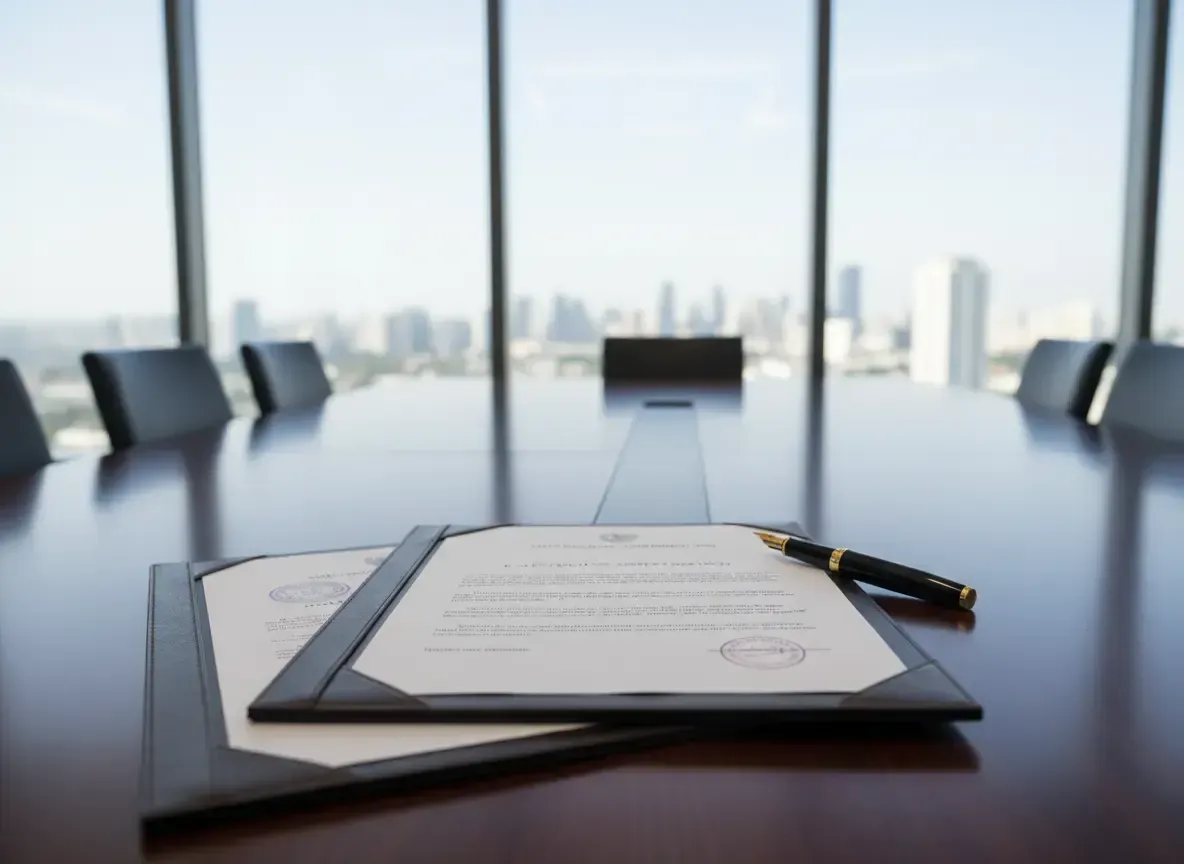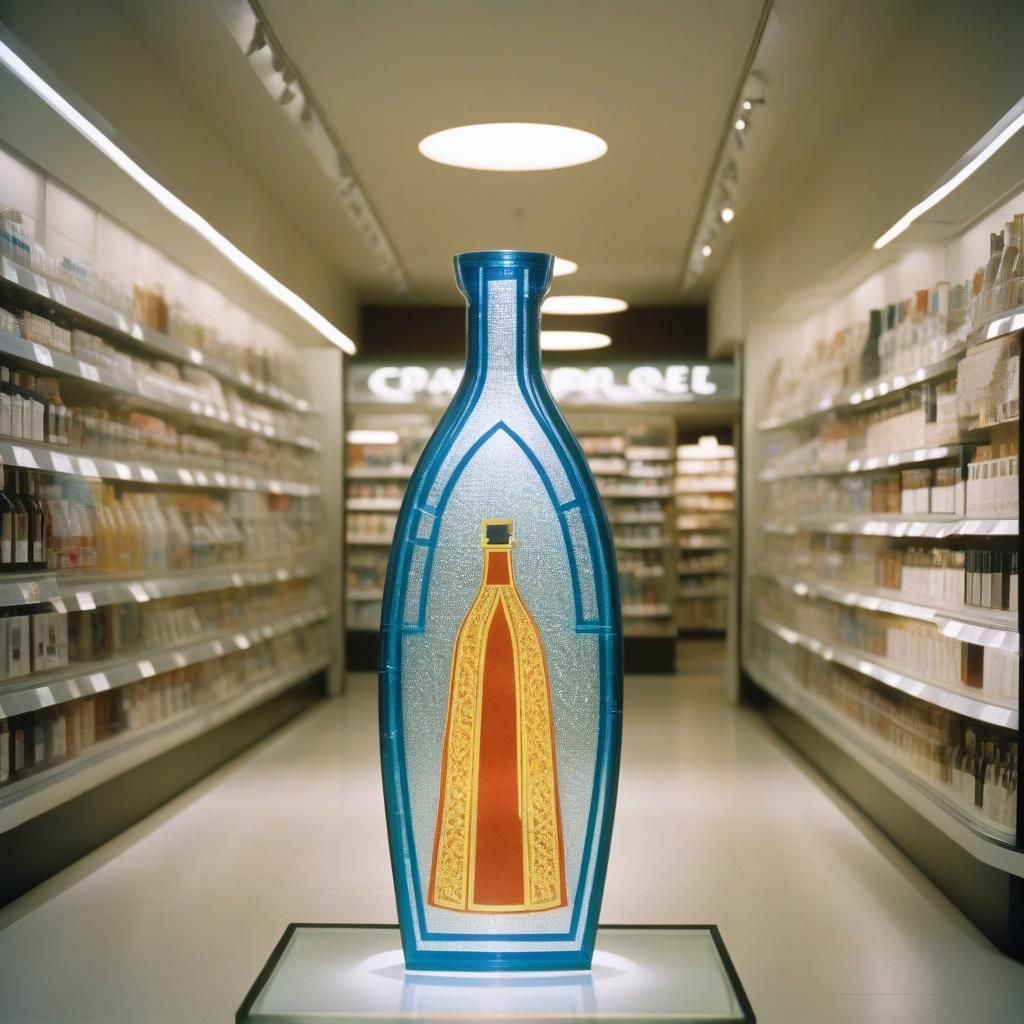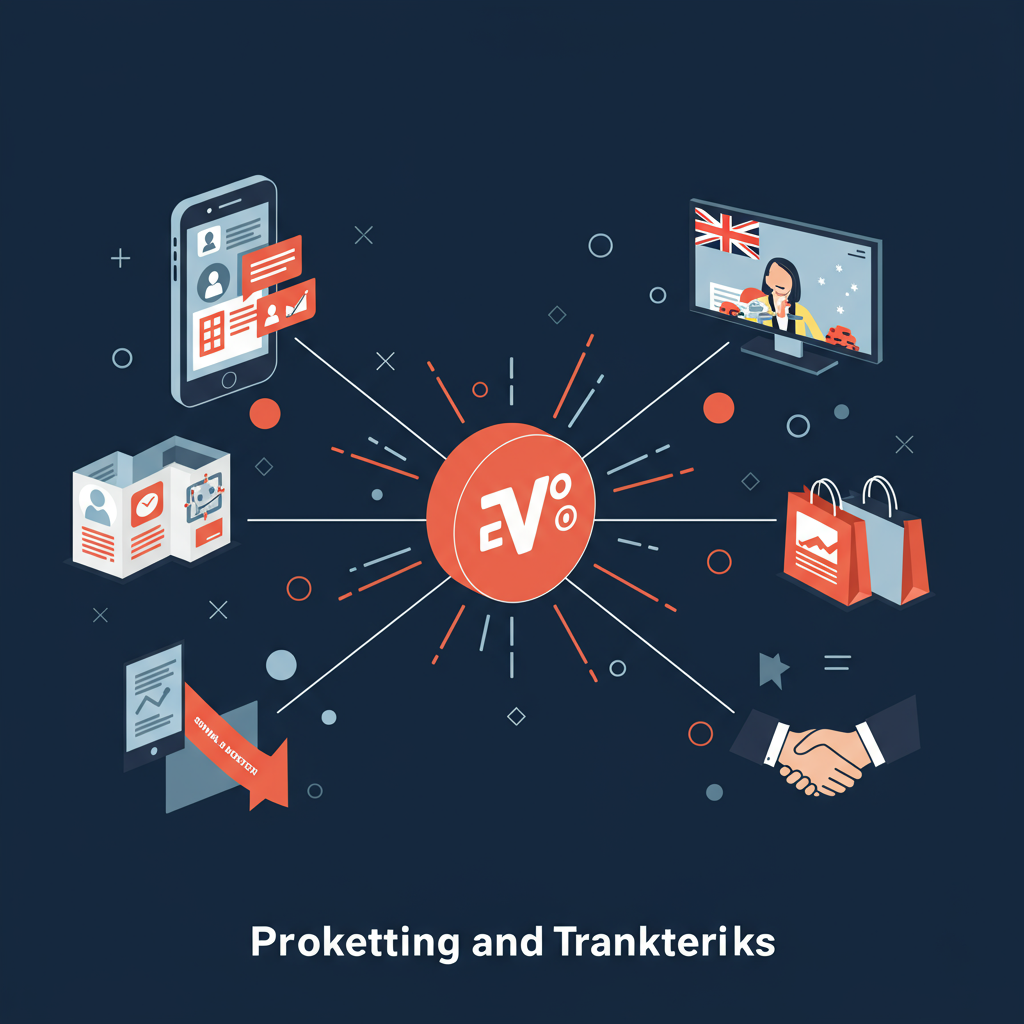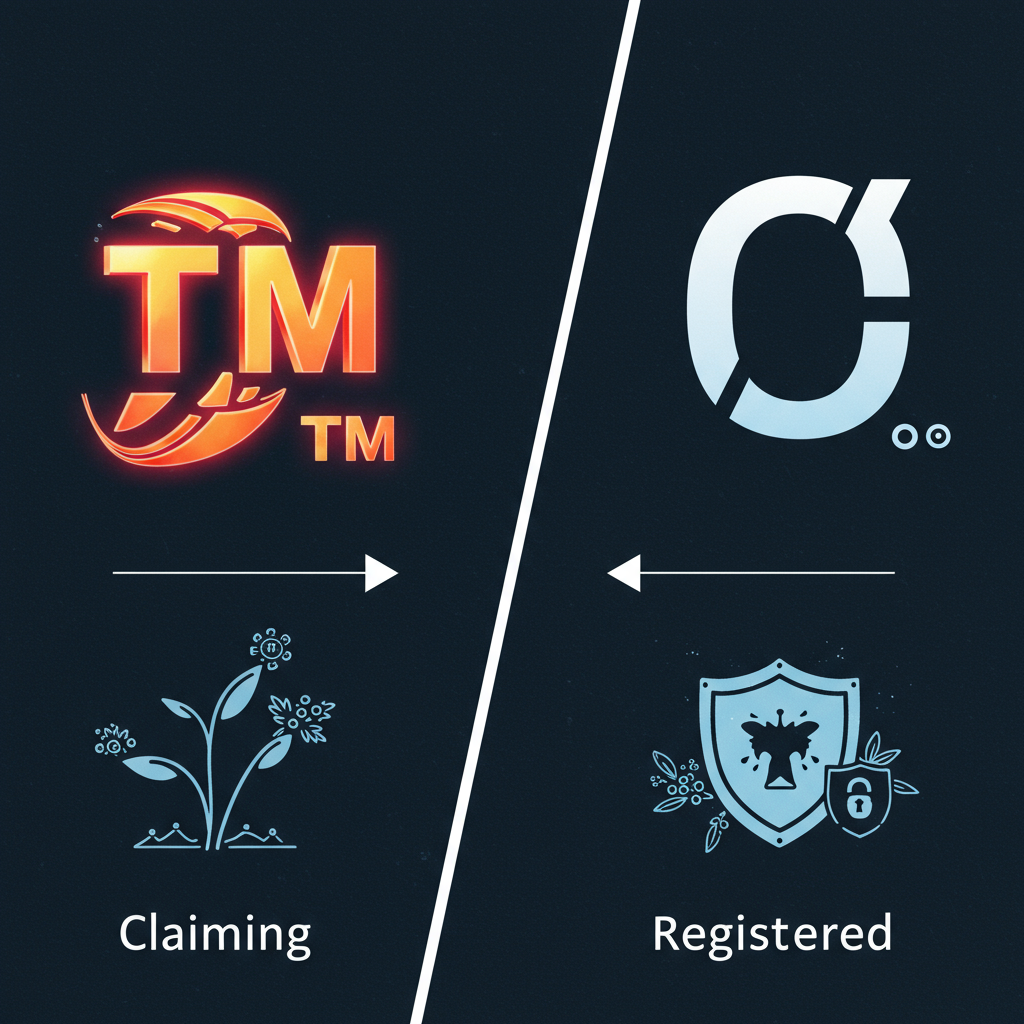How Long Does a Trademark Last?
Your Brand's Endless Summer (If You Play It Right!)

Ever wondered if your brilliant brand name or snazzy logo has a use-by date? You've poured your heart, soul, and hard-earned cash into building something special, so the last thing you want is for your trademark to mysteriously vanish like a rogue sausage at a backyard BBQ. Understanding how long a trademark lasts isn't just about ticking a legal box; it's about safeguarding your future, ensuring your brand's legacy, and preventing competitors from swooping in like seagulls at a dropped chip.
There's a fair dinkum misconception out there that trademarks eventually expire, like a patent or copyright, and poof – they're gone forever. While it's true they're not automatically eternal, a registered trademark can, in fact, last for an indefinite period. It’s like owning prime real estate for your brand – as long as you keep up with the rates (renewals!) and actually use the property, it’s yours to keep.
This isn't just a dry legal discussion; it's about securing your commercial fortress against unwelcome invaders. So, get ready to discover the secrets to your trademark's endless summer, navigating renewal rules, avoiding common pitfalls, and ensuring your brand remains a heavyweight titan in the marketplace for generations to come.
Key Takeaways:
- 10-Year Validity (Generally): Most trademarks are initially valid for 10 years from their registration date.
- Indefinite Renewal: Unlike patents or copyrights, trademarks can be renewed indefinitely, as long as they remain in active commercial use and renewal fees are paid.
- Proof of Use is Crucial: Many countries, including Australia and the US, require ongoing proof that your trademark is actively being used to maintain its registration.
- Grace Periods Exist: If you miss a renewal deadline, most countries offer a grace period, but be prepared for extra fees!
- Non-Use or Genericide are Risks: Even with renewals, a trademark can become invalid if it's no longer used or if it becomes a common generic term.
General Trademark Duration and Renewal Rules: The Perpetual Power
So, you've gone through the effort of registering your trademark. How long is that badge of honour valid for? In most jurisdictions around the world, the initial registration period for a trademark is 10 years. Think of it as a decade-long rental agreement for your brand name.
But here's the real magic: unlike other forms of intellectual property like patents (which have a finite life) or copyrights (which eventually expire after a set period), trademarks offer the unique advantage of indefinite renewal. As long as you keep using your trademark in commerce and pay the required renewal fees every 10 years, it can theoretically last forever. This is the key to building brands that endure for centuries, like Coca-Cola or Vegemite.
This principle underpins the immense value of a strong brand identity. Your trademark doesn't just protect your current business; it protects your future, ensuring that the goodwill and reputation you build continue to be exclusively associated with your products or services.
Differences Between Common Law Trademarks and Registered Trademarks
It's vital to briefly touch on the distinction between these two, as their "duration" can be quite different.
- Common Law Trademarks: In countries like Australia and the United States, rights to a trademark can arise simply through its actual, continuous use in commerce, even without formal registration. These are "common law" rights. While they don't expire in a fixed sense, their protection is geographically limited to where the mark is used, and proving these rights in a dispute can be a costly, uphill battle. Their "duration" is as long as you continue to use them, but their strength is limited.
- Registered Trademarks: These are trademarks that have been formally examined and approved by a national intellectual property office (like IP Australia). They provide statutory rights which are far stronger, nationwide (or bloc-wide, like the EU), and much easier to enforce. The 10-year initial validity and indefinite renewal apply specifically to these registered marks. You get clear, indisputable legal ownership for as long as you maintain them.
Trademark Duration by Country: A Global Timetable
While the 10-year rule is a common thread, the specifics of renewal and ongoing requirements can differ slightly across jurisdictions. Let's take a squiz at how it plays out in some key regions.
A. United States (USPTO)
The US trademark system has specific nuances for maintaining your registration.
- Initial Registration Period: 10 years from the date of registration.
- Renewal Requirements: Renewable every 10 years indefinitely.
- Declaration of Continued Use (Section 8 Filing): This is the crucial bit. Between the 5th and 6th year after registration, you must file a "Declaration of Continued Use" (often called a Section 8 affidavit), providing proof of use of your trademark in commerce for the goods/services listed. If you miss this, your registration will be cancelled. Another Section 8 filing is required with each 10-year renewal.
B. European Union (EUIPO)
The EU Trademark (EUTM) system is more straightforward.
- Trademark Duration: 10 years from the date of filing.
- Renewable Indefinitely: Renewable every 10 years for an unlimited number of times, simply by paying the renewal fee. While proof of use isn't required at renewal, an EUTM can be cancelled for non-use if it hasn't been genuinely used in the EU for a continuous period of five years.
C. United Kingdom (UKIPO)
Post-Brexit, the UK's trademark duration rules align closely with the EU.
- Trademark Validity: 10 years from the date of filing.
- Renewal Process and Grace Periods: Renewable every 10 years indefinitely. The UKIPO typically provides a grace period of six months after the expiry date for late renewals, though often with additional fees.
D. China (CNIPA)
China's system also follows the 10-year standard.
- Duration: 10 years from the date of registration.
- Renewal Process and Common Trademark Squatting Issues: Renewable every 10 years indefinitely. However, due to China's "first-to-file" system, if your trademark expires and you don't renew it promptly, a trademark squatter could register it themselves. This is a common tactic and can be incredibly costly to rectify, far more so than simply paying a renewal fee. So, if you have a Chinese trademark, mark those renewal dates in bold!
E. Australia (IP Australia)
Our local champion, IP Australia, also operates on the 10-year principle.
- Trademark Protection: 10 years from the date of filing.
- Unlimited Renewals: Renewable every 10 years for an unlimited number of times, as long as you pay the fee.
- Grace Periods and Late Renewal Penalties: IP Australia offers a grace period of six months after the expiry date. During this time, you can still renew your trademark, but you'll be hit with additional late fees. If you miss this grace period, your trademark registration will lapse, and you'll lose your exclusive rights.
F. India (IP India)
India's trademarks also follow the global norm.
- Protection Period: 10 years from the date of filing.
- Renewals and Common Enforcement Issues: Renewable every 10 years indefinitely. India also has provisions for removing a trademark from the register for non-use if it hasn't been used for a continuous period of five years and three months from the date of registration. Proactive renewal and proof of use are crucial to avoid enforcement headaches down the line.
What Happens If a Trademark Expires? The Cliff Edge
Missing a trademark renewal deadline can feel like falling off a cliff. While many countries offer a safety net, it's not a free ride.
- Grace Periods for Late Renewal: As mentioned, most IP offices offer a grace period, typically six months, after the official expiry date. You can usually renew during this period by paying the standard renewal fee plus an additional late renewal fee. It's a lifesaver, but it costs you!
- Losing Trademark Rights Due to Non-Renewal: If you fail to renew your trademark within the grace period, your registration will lapse. This means you lose the statutory, exclusive rights associated with that registration. In "first-to-file" countries, this is particularly dangerous as someone else can immediately apply to register your now-lapsed mark. In "first-to-use" countries, you might still have some common law rights, but they are weaker, harder to prove, and limited in scope.
- How Competitors Can Register Lapsed Trademarks: This is the nightmare scenario. A shrewd competitor or even a trademark squatter (especially in China!) can monitor expired trademarks. Once your mark lapses, they are free to apply for it, potentially locking you out of your own brand name. Imagine the legal and rebranding costs if you have to fight to get your own name back or, worse, pivot your entire brand!
How to Renew a Trademark: Keeping Your Brand Evergreen
Renewing your trademark isn't rocket science, but it requires diligence.
- Renewal Process by Country: The specific process varies but generally involves:
- Receiving a renewal reminder (most IP offices send these, but don't rely solely on them!).
- Logging into your online account with the relevant IP office (e.g., IP Australia, USPTO).
- Completing a simple online form.
- Paying the required renewal fees.
- Crucially, for "proof of use" jurisdictions like the US and Australia, you may need to submit evidence that your trademark is still in active commercial use for the goods/services it covers.
- Filing Fees and Documentation Required: Fees vary by country and by the number of classes you're renewing. Documentation mostly involves the online form and, if applicable, specimens of use (e.g., photos of your product packaging with the trademark, website screenshots).
- Importance of Proof of Commercial Use: This cannot be stressed enough, particularly for US and Australian trademarks. If you don't use your trademark for the goods/services it's registered for, it can be vulnerable to a "non-use cancellation" challenge, even if you keep renewing it. So, "use it or lose it" is a very real concept!
Can a Trademark Last Forever? The Brand Immortality Secret
Yes, a trademark can effectively last forever – but it's not magic; it's a combination of vigilance and strategy.
- Conditions Under Which Trademarks Remain Valid Indefinitely:
- Continuous Commercial Use: You must actively use your trademark for the goods and services it's registered for.
- Regular Renewals: You must pay the required renewal fees every 10 years, on time.
- Vigilant Enforcement: You must actively monitor for and challenge any infringing uses of your trademark to prevent its dilution or becoming generic.
- The Role of Continued Use and Enforcement: These two factors are the lifeblood of an "eternal" trademark. If you stop using your mark for a significant period (often 3-5 years, depending on the country), it can be challenged for "non-use." If you allow widespread, unauthorised use by others without challenging them, your mark can become generic.
- Examples of Brands That Have Maintained Trademarks for Over 100 Years: Think of the true heavyweight titans of branding:
- Coca-Cola: Its famous script logo and name have been continuously protected for well over a century.
- Ford: The iconic blue oval and name have endured for over a century.
- Cadbury: A beloved chocolate brand with a history stretching back to the 19th century, protected by its trademarks.
- Vegemite: Our own Aussie icon, continuously used and protected since 1923. These brands demonstrate the power of continuous use, proactive renewal, and strong enforcement.
When Do Trademarks Become Invalid? The Pitfalls
Even if you initially secure a trademark, there are several ways it can become invalid or unenforceable, leading to the loss of your rights.
- Non-Renewal: Missing Renewal Deadlines: As discussed, this is the most straightforward way to lose your registered trademark. Fail to pay the fees within the grace period, and your registration will lapse.
- Non-Use Cancellations: When a Trademark Isn’t Actively Used: Many countries have "use it or lose it" provisions. If a trademark hasn't been genuinely used in commerce for a specified continuous period (e.g., 3-5 years, depending on the jurisdiction), an interested party can apply to have it cancelled from the register. This is a common way competitors clear out "deadwood" trademarks.
- Genericide: Losing Trademark Status Due to Common Usage: This is the ultimate brand nightmare. Genericide occurs when a trademark becomes so commonly used to refer to a type of product rather than a specific brand that it loses its distinctiveness. When this happens, the trademark owner loses their exclusive rights, and the term enters the public domain. Famous examples include:
- Aspirin: Originally a trademark of Bayer, it became generic in the US.
- Escalator: Originally a trademark of Otis Elevator Co.
- Thermos: Originally a trademark for vacuum flasks.
- Kleenex: While still a trademark, its owners work tirelessly to prevent it from becoming generic for all facial tissues.
- Google: The company actively campaigns to prevent "to google" from becoming a generic verb for searching the internet.
Preventing genericide requires constant vigilance and proactive marketing to remind the public that your brand name is, indeed, a brand name.
Your Brand's Enduring Legacy
Understanding how long a trademark lasts is far more than just legal trivia; it's fundamental to building a sustainable, successful brand. While initial protection typically lasts 10 years, the incredible power of trademarks lies in their ability to be renewed indefinitely, providing a perpetual monopoly over your brand identity.
But this isn't a passive right. It requires ongoing commitment: active commercial use, timely renewals, and vigilant enforcement against any threats, whether from infringers or the risk of genericide.
What are the next steps for businesses to ensure long-term trademark protection?
- Prioritise Renewal Dates: Set up robust internal systems or work with IP professionals to meticulously track and manage all your trademark renewal deadlines, both domestically and internationally.
- Maintain Genuine Use: Ensure your trademark is consistently and genuinely used in commerce for the goods and services it covers. Keep records of such use.
- Budget for Renewals: Factor in renewal fees as a regular business expense. It's a small price to pay for maintaining your brand's exclusive rights.
- Monitor Your Mark: Regularly conduct trademark watches to detect potential infringers and prevent your mark from being diluted or becoming generic.
- Seek Expert Guidance: An experienced trademark attorney can help you navigate renewal processes, ensure compliance with use requirements, advise on enforcement, and develop a long-term IP strategy.
By mastering the art of trademark longevity, you're not just safeguarding your current assets; you're actively building an enduring legacy for your brand, ensuring it remains a heavyweight titan for generations to come. Don't let your brand's summer end – keep it shining brightly!
FAQs:
Q1: Is a trademark truly "forever"?
A: A registered trademark can effectively last forever, but it's not automatic. It requires continuous active use in commerce, timely payment of renewal fees (typically every 10 years), and active enforcement against infringement to prevent it from lapsing or becoming generic.
Q2: What happens if I forget to renew my trademark?
A: Most countries offer a grace period (often six months) after the expiry date, allowing you to renew with an additional late fee. If you miss this grace period, your trademark registration will lapse, and you'll lose your exclusive statutory rights, potentially allowing others to register your mark.
Q3: Do I need to prove I'm still using my trademark at renewal?
A: In many countries, yes. Jurisdictions like the United States and Australia require ongoing "proof of use" (specimens showing the mark in commerce) at various intervals, including at renewal, to ensure the mark is still actively being used for the registered goods/services.
Q4: Can my trademark become generic?
A: Yes, this is known as "genericide." It happens when your trademark becomes so commonly used as a general term for a product or service that it loses its distinctiveness as a brand name (e.g., "aspirin"). Trademark owners must actively police their marks and educate the public to prevent this.
Q5: What's the main difference in duration between trademarks, patents, and copyrights?
A: Trademarks can last indefinitely with renewals and use. Patents have a fixed term (e.g., 20 years for utility patents) and cannot be renewed. Copyrights last for the life of the author plus a certain number of years (e.g., 70 years after the author's death in Australia), and then enter the public domain.










